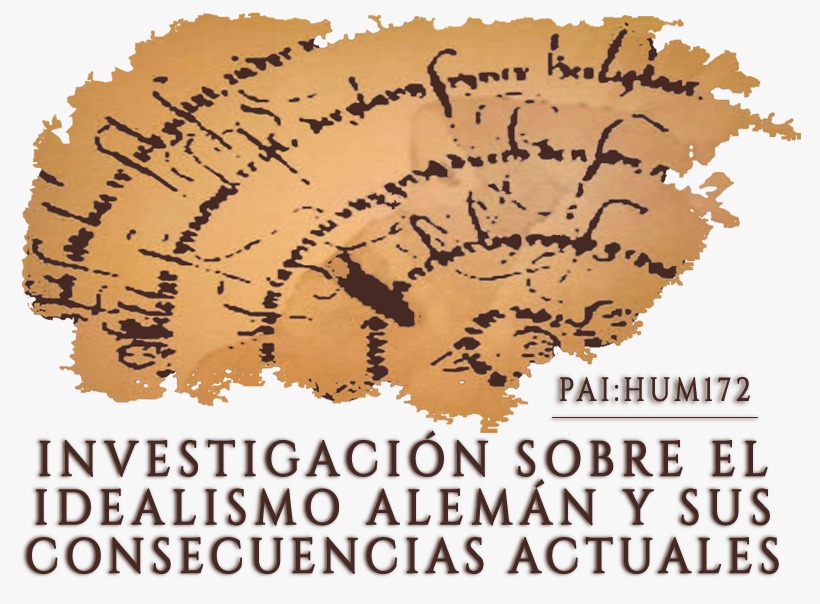TRUTH AND FREEDOM IN HEGEL AND SCHELLING
6TH INTERNATIONAL CONFERENCE OF THE SPANISH SOCIETY FOR HEGELIAN STUDIES
TRUTH AND FREEDOM IN HEGEL AND SCHELLING
University of Malaga (Spain), September 18th-20th, 2017
The VIth International Conference of the Hegel Society of Spain deals with the relationship between truth and freedom in the philosophical systems of Hegel and Schelling, in their historical, theoretical, practical and existential perspectives.
In their philosophical beginnings, Schelling and Hegel were deeply convinced of the harmony between polis and nature. This convincement contrasted with the manifold divisions between nature and civilization, sensibility and reason, the individual and community as well as life and science sustained by many of other contemporary philosophies. Far from opposing freedom to nature, Hegel and Schelling opened the way to the great systems of philosophy in the XIX century: first, in their early writings and later in their developed thought. Hegel dealt with the problem of truth since his Jugendschriften and Schelling stressed the force of freedom as philosophical principle.
In their works of maturity they continued to reflect on these topics. Schelling considers history as a declining turn from the mythological revelation of the unity of nature and spirit. For Hegel, history is the development of human freedom and the expansion of selfconsciousness. Subsequent philosophical proposals hanged upon the shattering course of both approaches.
The idea of system as understood by Hegel and Schelling entails the articulation of truth and freedom at different levels. From a theoretical perspective, it is the reflexively grasped articulation of freedom and the real. From a practical standpoint, it will result in the various relations between truth and freedom, in other words, it gives the way to a reflexive execution of what was already theoretically grasped. It is the truth of law, morality, history and politics, as well as the works belonging to art, religion, and technical procedure. Finally, the articulation of truth and freedom on the existential plane deals with the truth and/or falsity of selfconsciousness, experience, and the links between life and freedom as well as between intellect (truth) and will (freedom) in the human being. Further theories of historical selfconsciousness (f.ex. Dilthey and philosophical anthropology), transcendental selfconsciousness (Husserl and phenomenology) or hermeneutical selfconsciousness (Heidegger, Gadamer, etc.) will come to the fore in dialogue or confrontation with the great German idealists.
